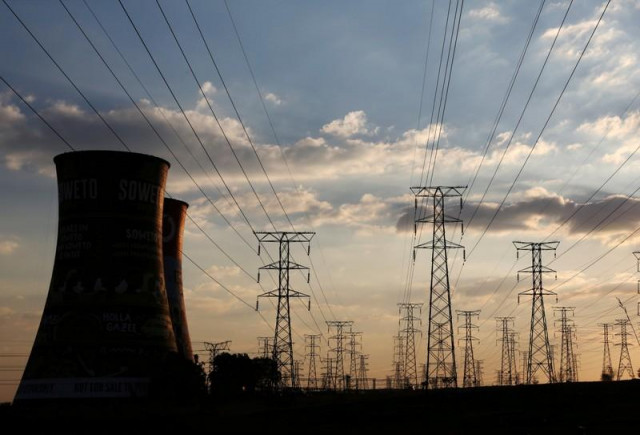NEPRA reserves ruling on tariff hike plea
Regulatory body heard arguments of stakeholders in public hearing

The National Electric Power Regulatory Authority (Nepra) has reserved its judgement on the issue of an increase in power tariff for July 2020 under the monthly fuel cost adjustment mechanism.
The regulator held a public hearing on Tuesday on a petition filed by the Central Power Purchasing Agency-Guarantee (CPPA-G), which was presided over by Nepra Chairman Tauseef H Farooqi.
The regulatory body reserved the judgement after hearing the arguments of the stakeholders. According to a statement, the decision will be announced after carrying out an analysis with regard to statements made by the National Power Control Centre (NPCC).
During the hearing, Nepra observed that expensive electricity was generated by using furnace oil and diesel during July while the power plants generating low-cost electricity were not operated.
NPCC officials highlighted that in Pakistan’s energy mix, furnace oil had a 19% share. “Owing to best management practices, no load-shedding was carried out in July,” the officials said.
They added that the country would have faced eight to 10-hour load-shedding had furnace oil and diesel-based power plants not been operated.
CPPA-G had sought an increase of Rs0.86 per unit in the power tariff for July under the monthly fuel cost adjustment formula.
On behalf of ex-Wapda distribution companies, the CPPA-G maintained that it had charged consumers a reference tariff of Rs3.5420 per kilowatt-hour (kWh) against the actual fuel cost of Rs4.4035 per unit during the said period.
CPPA-G said total energy generation from all sources stood at 14,710.76 gigawatt-hours (GWh) in July and the total cost was calculated at Rs63.560 billion with an average per-unit fuel cost of Rs4.4035.
During the said period, 36.76% of electricity was generated from hydel sources, 17.55% from coal, 20.62% from re-gasified liquefied natural gas (RLNG), 10.05% from local gas, 5.84% from furnace oil, 2.34% from wind and 4.86% from nuclear sources.



















COMMENTS
Comments are moderated and generally will be posted if they are on-topic and not abusive.
For more information, please see our Comments FAQ